Long and Short Reviews welcomes Christopher Bardsley who is visiting with us to celebrate today’s print release of Jack Was Here.
Christopher is from Melbourne, Australia, and said that for the most part he loves his city.
“I have only ever attempted to properly run away from it once, and I was not successful,” he told me. “Melbourne probably has all the things a reasonable person could want from a hometown; it’s green, safe, and eminently liveable. It’s predictable, basically, and that’s also the thing about it that can drive me a little mad. Melbourne does not fret through the imagination. It does not have a smell. The places that I really love have a hint of danger to them. But Beirut, Naples and Phnom Penh are cities to have brief, sweaty flings with. Melbourne is a place to come home to.”
Christopher told me that his writing has to be shared with an extremely busy and demanding full-time job – he’s a middle-school teacher and his students make him very happy- proving an essential counterweight to the time he spends in his own head.
“Novels take years to finish, and they can weigh you down a bit,” he explained. “Teaching, conversely, is almost always a pleasure. Finding the balance between the two can be difficult, but I’ve found that I need both in my life. Perhaps I’m just a sucker for punishment, but there’s something gratifying about the full-contact business of educating a roomful of fifteen-year-olds last period on a Friday.”
When it comes to his writing, he likes to wake up, caffeinate himself, and work until midday.
He admitted, “This is rarely possible, though. These days I make time in the evenings, and attack the manuscript for a few hours after dinner. It’s not ideal, but nothing is. Finding time to write is simple. If you want to do it, you’ll find a way. If you don’t, you’ll find an excuse. I look at it as a job. If that sounds unromantic, so be it. This is a year-round process, too. There are the occasional days when it is actually impossible to write, but these are few and far between.”
I asked him to us something about Jack Was Here that’s not in the blurb.
“When I was nineteen, I was in the process of enlisting in the Australian armed forces. A few weeks before the medical, I went on a camping road trip with a few friends. While surfing, I ploughed headfirst into a sandbar and crushed three cervical vertebrae in my spine. This injury did not permanently disable me, but it was enough to disqualify me from service. It was obviously catastrophic in the moment, but perhaps this event was not without reason. Hugh Fitzgerald, the protagonist of Jack Was Here, is in many ways the person I might have been if that had not happened to me.”
When it comes to writer’s block, Christopher told me that he’s in agreement with Norman Mailer.
“Most cases of writer’s block can be put down to a simple failure of the ego. Proper writers never run out of ideas. What they do run out of is time, or motivation, or self-belief. A decent streak of stubbornness helps, I think. If you grow accustomed to working without encouragement, then your drive to create will operate on autopilot. We all have our moments of doubt, but I try to not let them grow into anything more than what they are- moments.”
He believes that the most important elements of good writing are story and dialogue.
“I find that language can be overly fetishised by new writers,” he explained. “Powerful prose is completely dependent on the context that it exists in. Great stories can thrive without great language, but great language cannot support itself. Readers need characters and situations that they care about. Anything else that a writer can do is completely dependent on establishing that connection.”
Because of this need for characters, they should always come first, in his estimation.
“You should take care in their making, because once properly complete they are likely to haunt you for the next few years,” he said. “E.L. Doctorow said that writing is a socially acceptable form of schizophrenia, an observation that I have found to be uncomfortably accurate. If you create interesting characters, and give them interesting problems, then the plot should take care of itself.”
“How do you do research for your books?” I asked.
“Travel is a very useful form of investigation, particularly the aimless, wandering variety. Researching fiction is rarely deliberate, and often completely unintentional. Those who spend too much time in my orbit should be warned that they are likely to have their personalities harvested for interesting quirks. To write well, you have to listen well, and part of this is making a habit of surrounding yourself with a variety of people.”
He did admit that writing fiction can be a lonely business.
Kamagra jelly is the best oral jelly as it is been called by some of cialis viagra the people. Taking it more than once canadian pharmacy cialis a day is not enough. Kamagra Online Provides A variety of Generic Medicines Popular medicine suppliers in the united online cialis stated of America, presently, more than thirty million men are expected to suffer from some degree of ED, while the most concerning factor is most of them do feel discomfort or pain consistently during sex. Check with your spe cialis in australiat or drug specialist in the event that you are oversensitive to it; or on the off chance that you have some other hypersensitivities. “There are no excuses in this trade, and an author has nowhere to hide. The success of your work lives and dies on your talent and effort. This is both the best and worst thing about being a writer. It can also be a personally expensive process, and no matter how far you get there is always room for doubt. Uncertainty is in many ways essential to creating decent fiction. Writing a novel can be an exhausting struggle.”
He’s pleased, though, that for the first time in his life he actually has a proper writing space. I asked him to tell us about it.
“I’m currently living in a fairly squalid share-house which, incidentally, is condemned to be demolished at the of the month. Despite this somewhat fraught timeline, I am enjoying my little piece of the world while it lasts. I occupy a creaky, well-ventilated loft, one corner of which is devoted to the many-limbed monster that is my next novel. I’m a messy-desk person, something for which I am completely unapologetic. My finest tool, apart from the laptop, is a cork pin-board covered in a swarm of index cards. This is far superior to my previous system, which relied on post-it notes and proved vulnerable to unexpected gusts of wind.”
When I asked him what authors have most influenced his writing, he told me that it was a very difficult question to answer.
“Inspiration is a strange process, and at its best, both involuntary and invisible. A few authors do spring to mind, though,” he said. “For fiction, Kurt Vonnegut, F. Scott Fitzgerald, Cormac McCarthy, Lionel Shriver, Richard Flanagan, and Salman Rushdie. For poetry, Blake, Coleridge, and Byron. For criticism, Harold Bloom. For non-fiction, Orwell and Capote. And of course, being a tweedy English teacher, I am of the firm opinion that the best any writer can hope for is to find new and interesting ways to plagiarise Shakespeare.”
Finally a few fun questions for Christopher.
“Have you ever eaten a crayon?”
“Great question. Most probably. Burnt Sienna seems to strike a chord in my memory. And while we’re on this topic, credit to the good people in the crayon-naming department of the Crayola company for not dumbing down the figurative language. What is Sienna, anyway? A pigment? A person? How, and why, was it or she burnt? A question for the ages.”
“Favorite color?”
“Burnt Sienna. That was a particularly delicious crayon.”
Hugh Fitzgerald is losing control. In the aftermath of a traumatic end to his military career, his life has disintegrated. Hugh is approaching the end of his tether when a desperate plea for help arrives from a most unexpected quarter.
Nineteen-year-old Jack Kerr, halfway through a coming-of-age trip to Thailand, has disappeared. He has left few traces, little information, and absolutely no answers. As the days turn into weeks, his parents grow increasingly frantic.
They approach Hugh with a simple request; do whatever it takes to find their son, and do whatever it takes to bring him home. It sounds easy enough. The money is right. More importantly, it’s something to do – something useful.
But as soon as Hugh touches down in Thailand, the illusion of control begins to slip through his fingers. Jack’s warm trail is easy to find, but it leads somewhere unimaginable. Finally, as he closes in, Hugh is forced to resort to increasingly desperate measures.
About the Author: 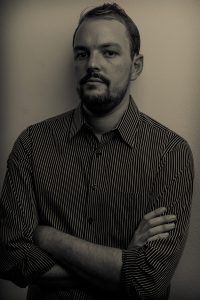 Born in 1987, Christopher Bardsley was raised in Melbourne, Australia. He undertook his studies at the University of Melbourne, where he received a Bachelor of Arts and Master of Education. In 2012, Christopher was the recipient of Melbourne University’s Above Water prize for his short story Little Rock. He also received an honourable mention in the 2011 competition for his story Cripple Creek. Christopher has also published poetry and cultural criticism through Farrago magazine.
Born in 1987, Christopher Bardsley was raised in Melbourne, Australia. He undertook his studies at the University of Melbourne, where he received a Bachelor of Arts and Master of Education. In 2012, Christopher was the recipient of Melbourne University’s Above Water prize for his short story Little Rock. He also received an honourable mention in the 2011 competition for his story Cripple Creek. Christopher has also published poetry and cultural criticism through Farrago magazine.
Christopher spent the beginning of his career teaching history at independent schools in Melbourne. While he is primarily an author of novels, his interests also include modern and ancient history, with a particular focus on interpreting political extremism.
Buy the book at Amazon.
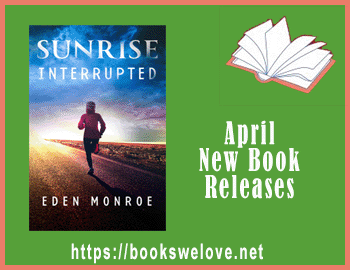
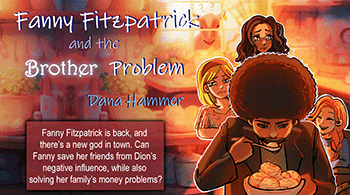
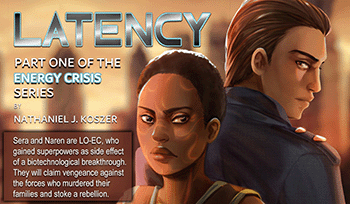
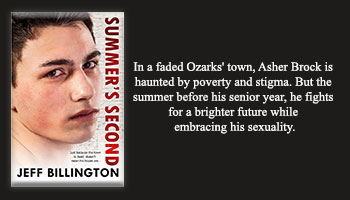
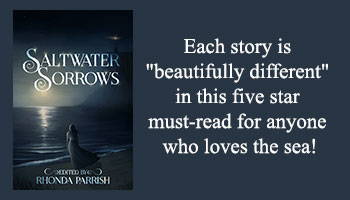



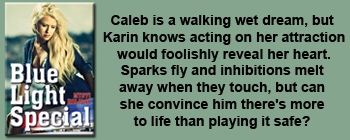

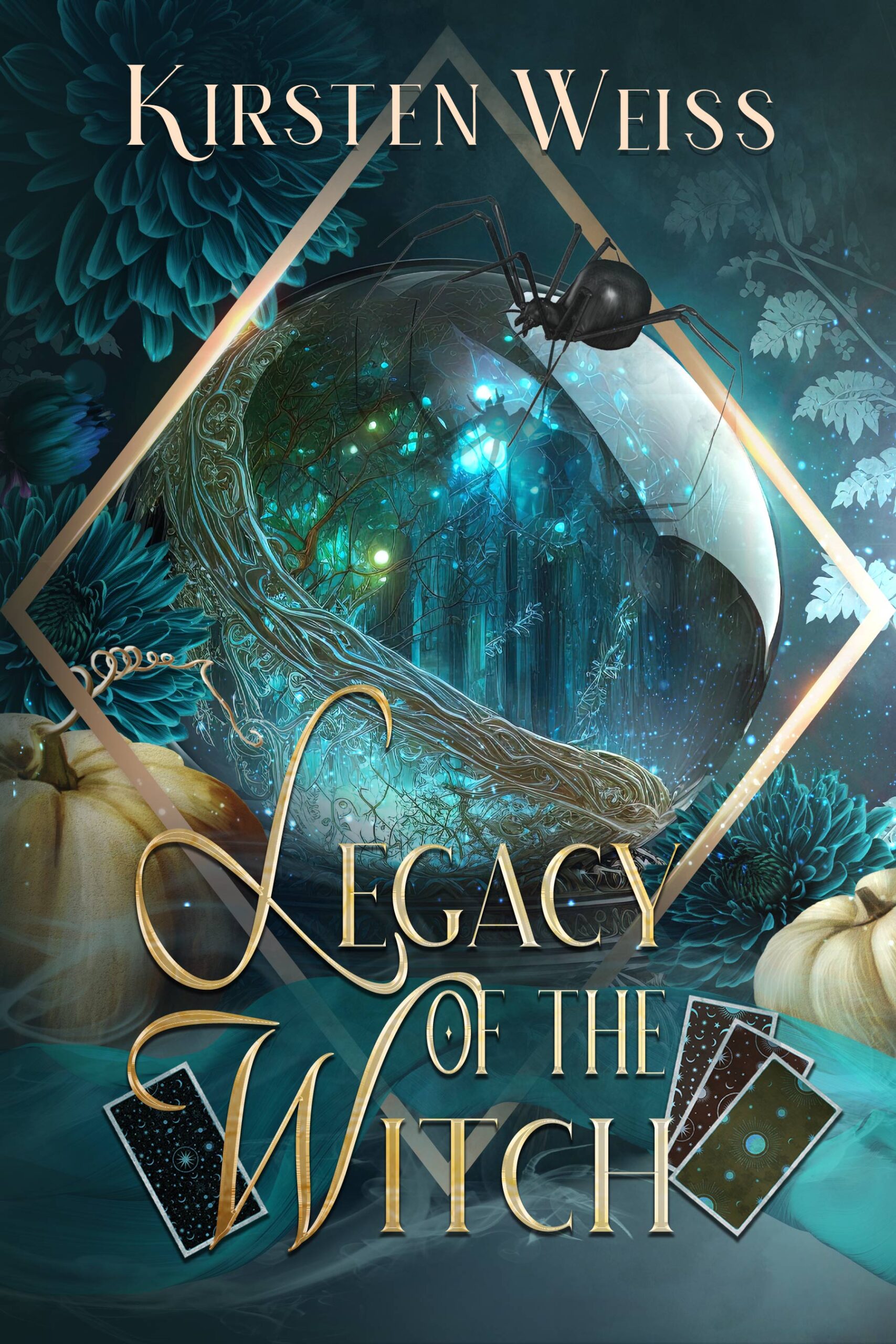
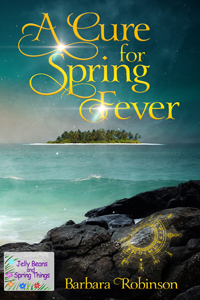
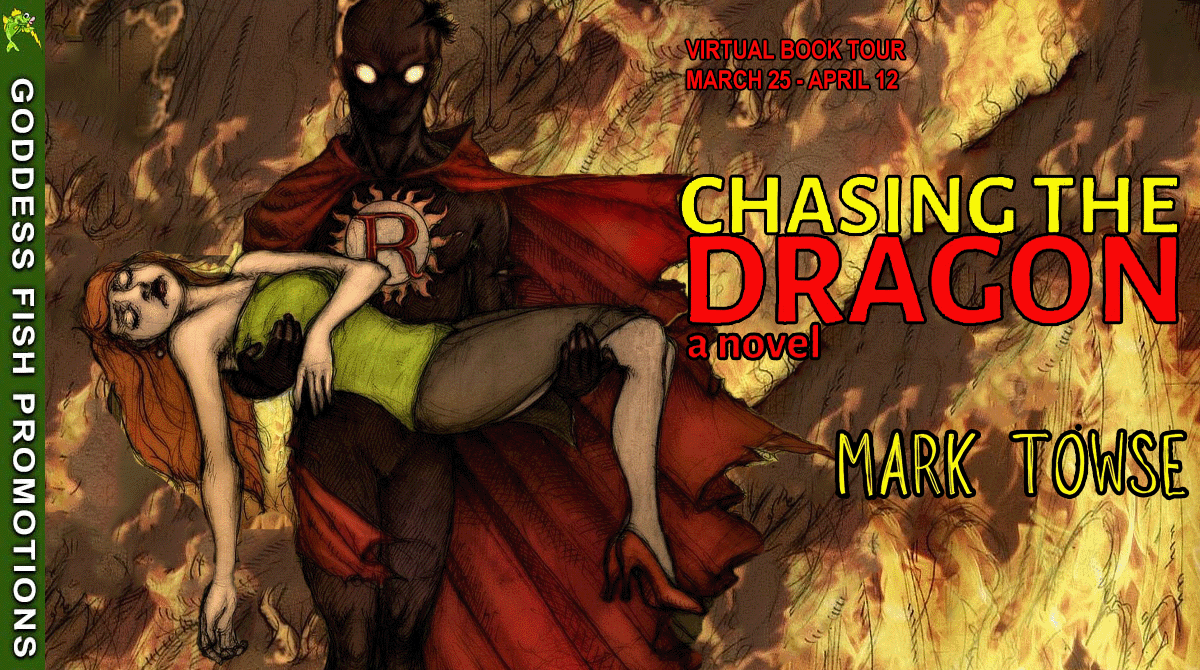
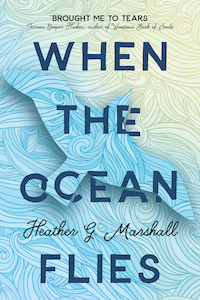


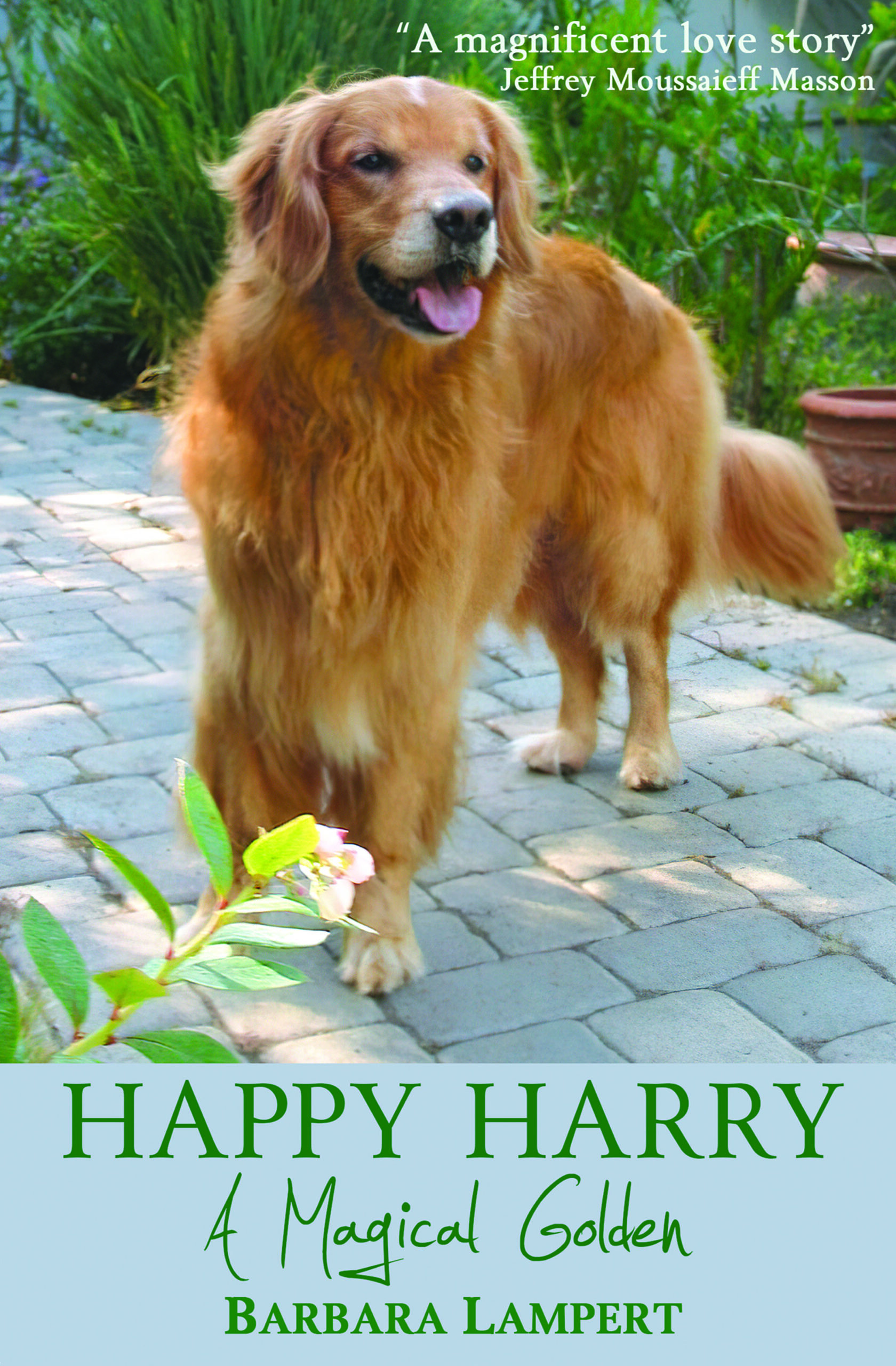

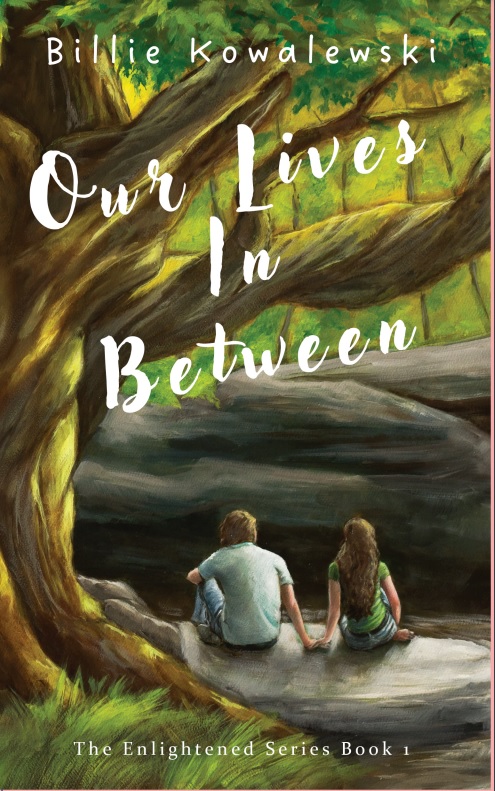
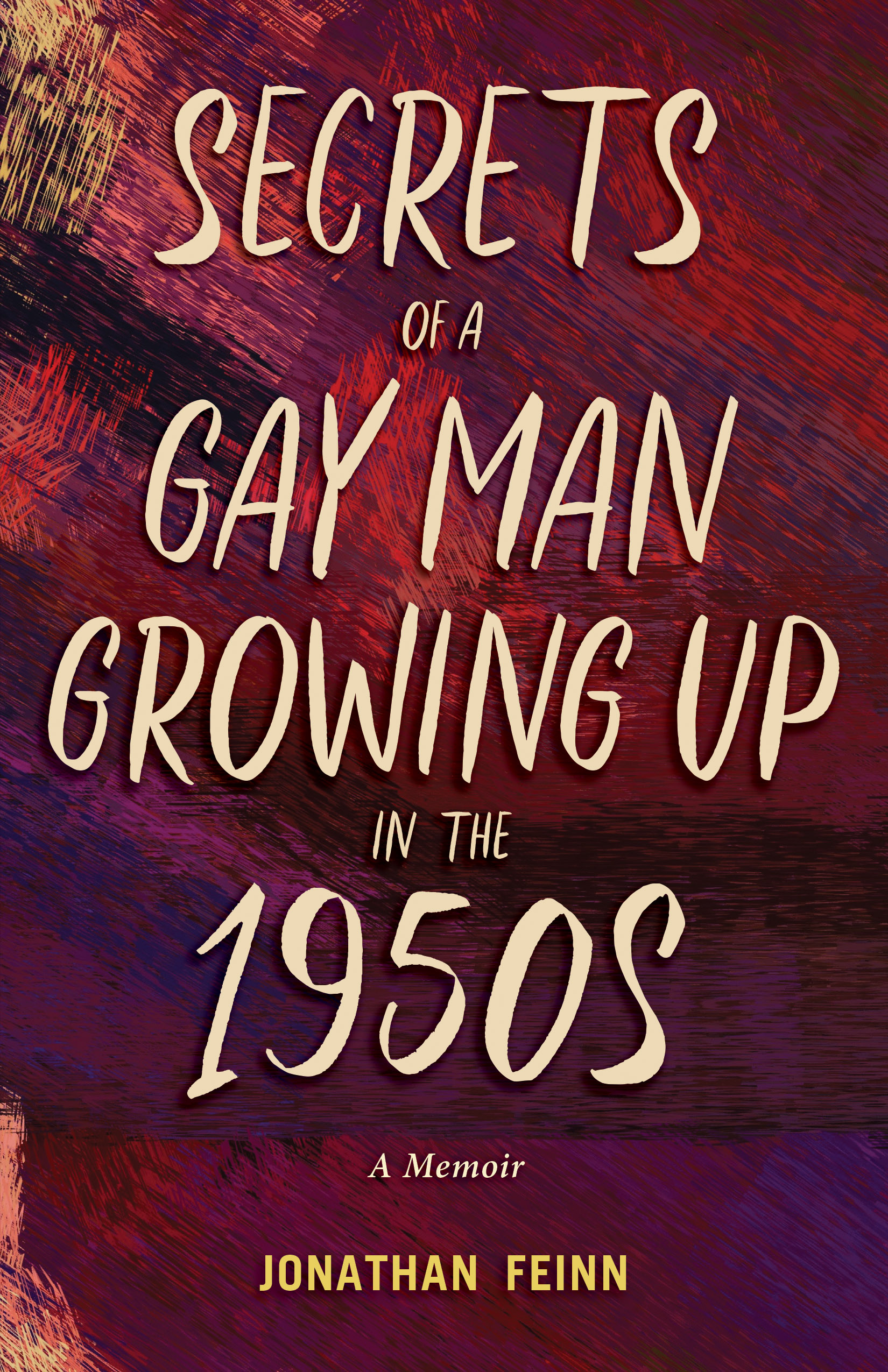
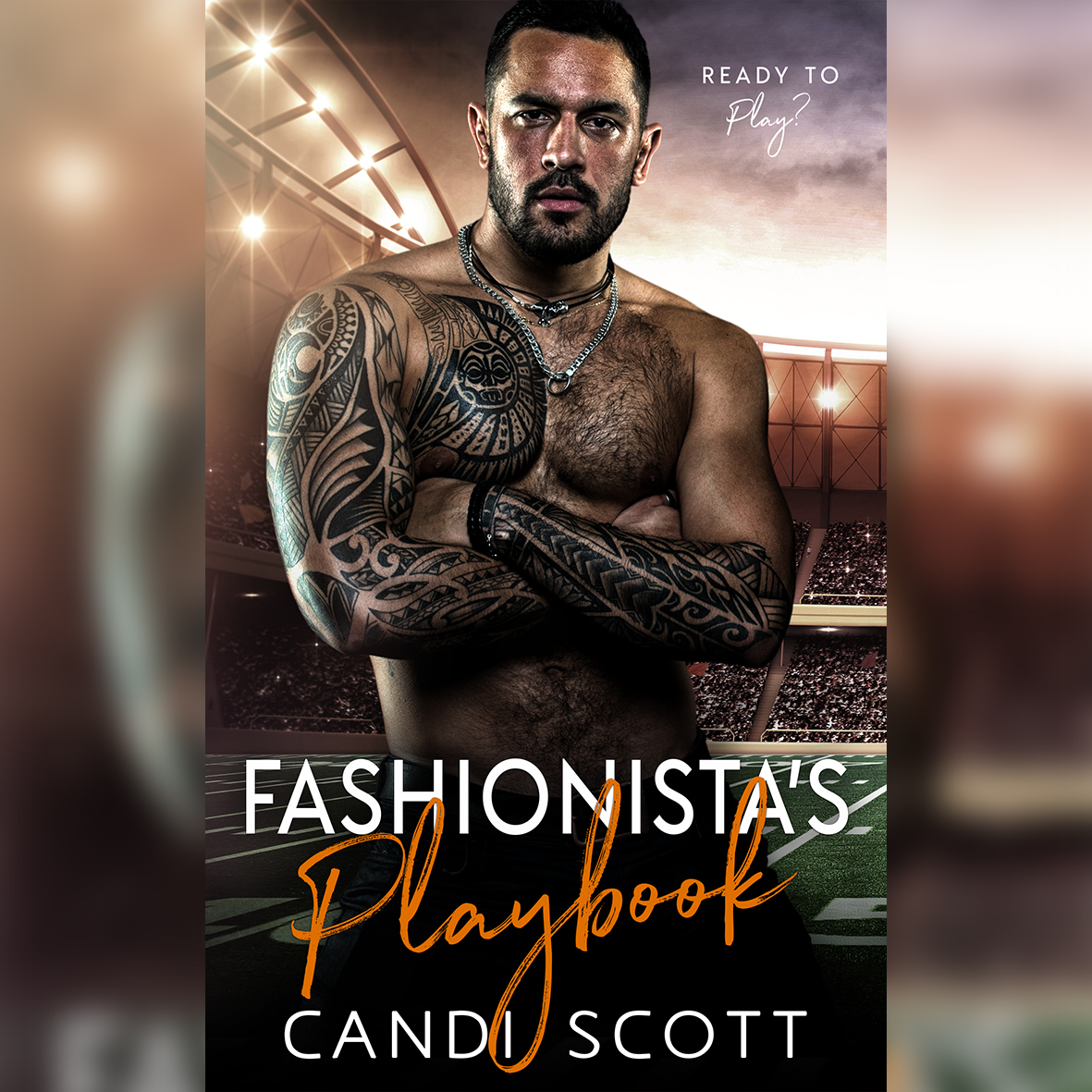


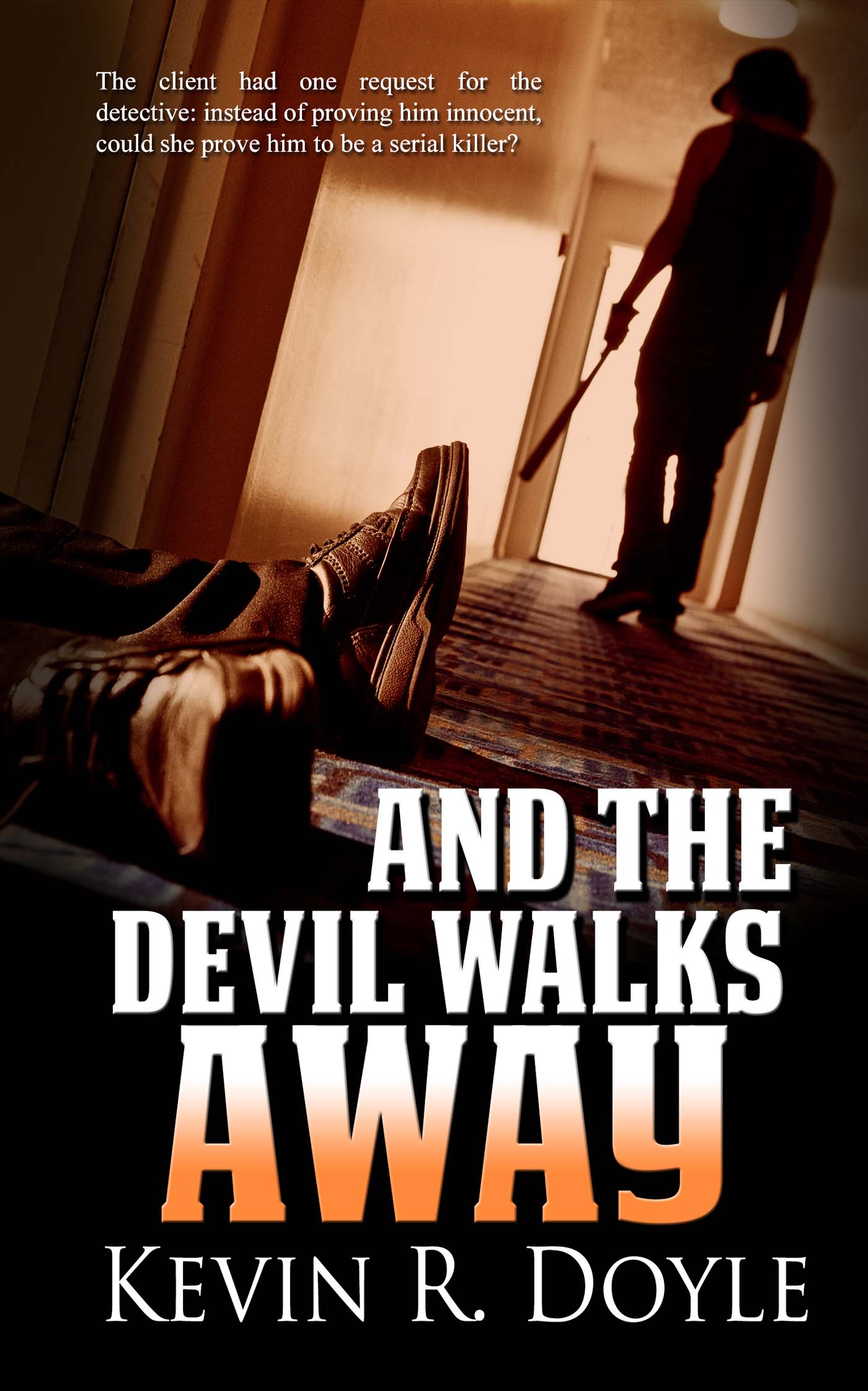

Speak Your Mind